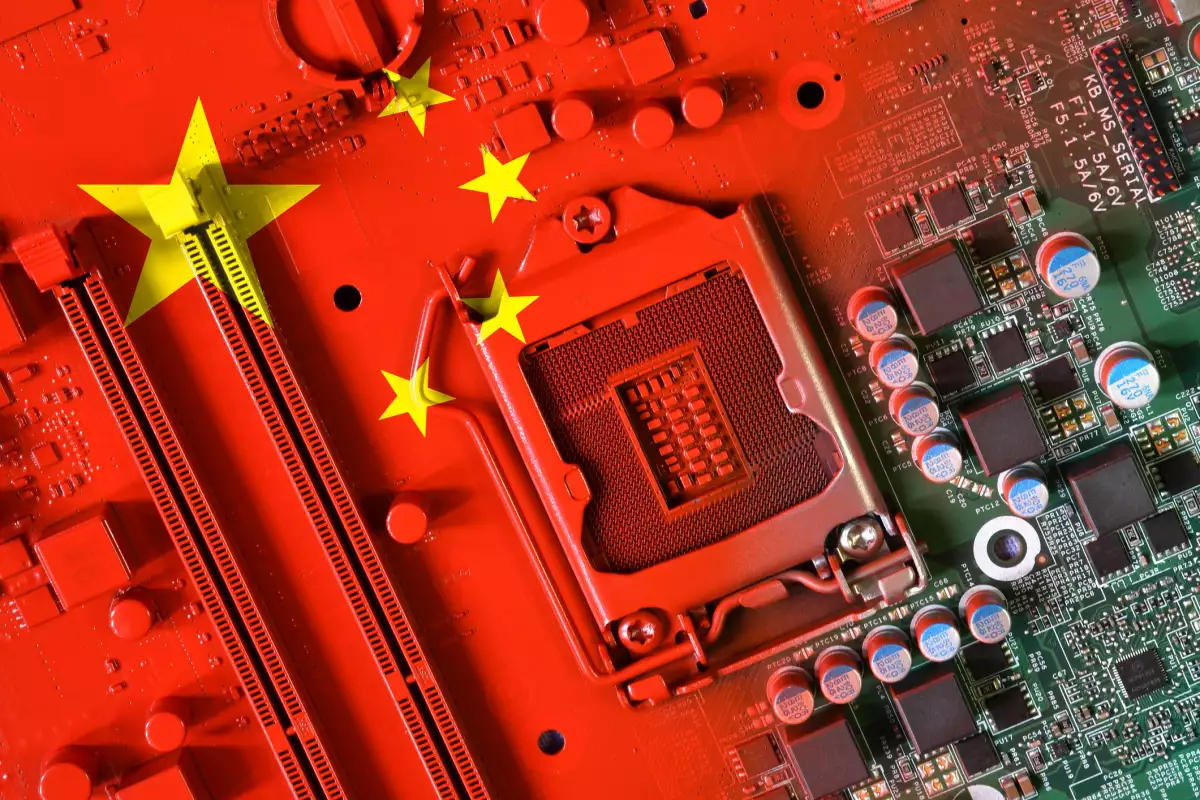
AI will be less regulated in the Trump era
The US presidents light-hearted approach to AI laws raises alarm bells for historically vulnerable and underrepresented groups.
Donald Trump 's return to the presidency of the United States represents a new revolution for the technological world due to his lax perspective on regulations, especially around generative Artificial Intelligence , a tool that under the Republican ideology runs the risk of resulting in an innovation that perpetuates biases towards historically discriminated populations.
On his first day as president, Trump decided to repeal the executive order that Joe Biden issued in 2023, through which he sought to reduce the potential risks of AI for users, workers, and national security through policies of responsibility towards developer companies.
For Trump, the main argument for reversing Biden's initiative was how prohibitive it was for innovation by companies in the sector in the United States, mainly due to his "radical leftist ideas" on the development of this technology.
Among the elements that Biden's order sought to address was establishing standards for AI-generated content, such as watermarks, to prevent the proliferation of deepfakes or cases of identity theft, among other irresponsible uses that reproduce or intensify existing inequities, cause new types of harmful discrimination, and exacerbate online and physical harm.”
Trump's decision to repeal the law is also part of the "anti-woke" wave surrounding the president, as many of his principles were also included in executive orders that Trump himself claimed during his first term were only carried over to the next administration.
“If you look beyond the political positioning on this, Biden’s executive order was based on themes that were laid out in the first Trump administration and have been reiterated by bipartisan voices in Congress,” Alexandra Reeve, managing director of the Center for Democracy and Technology in the US, told AP.
For experts like Reeve, the repeal is motivated by purely political reasons. For her part, Alondra Nelson, former acting director of the White House Office of Science and Technology Policy, has warned that Trump is “less supportive than Biden on issues related to privacy, people’s civil liberties and civil rights.”
Trump vs. AI regulation
Elon Musk, who now sits in the Department of Government Efficiency, has been a vocal critic of AI as it has been developed, calling models like ChatGPT too “woke” or “politically correct.”
“A lot of the AI being trained in the San Francisco Bay Area is taking that philosophy from the people around them. (The developers) have a ‘woke’ philosophy that is being built into these AIs,” he said in October during a conference of the Future Investment Initiative, an event backed by the Saudi government.
Contrary to this speech by the billionaire, Fernanda Zistecatl, a human rights and technology specialist at the Luminate Foundation for Mexico and Latin America, mentioned that any response to the challenges posed by AI, whether regulatory proposals or other initiatives, must focus on the protection of human rights, ensuring that technology is at the service of the public interest and centering the voices, perspectives and needs of historically vulnerable populations and that it be a conversation in which different actors participate.
"That at the negotiating tables," he pointed out, "there should not only be the government and the private sector, but also the voices of experts from civil society, activists and academia that feed the conversation."
Although the specialist is aware that each country understands its context and, therefore, responds to it by determining which are the best solutions to meet its particular needs, in relation to AI it is necessary to take into account the potential effects on certain sectors of the population.
“AI can pose significant risks to historically underrepresented populations, such as women, LGBTI+ people, Afro-descendants or indigenous people, because it replicates human biases and can put them at a disadvantage at key moments such as the selection of social services or the determination of judicial sentences,” he explained.
A new AI decree in the Trump era
The early days of the Trump era have been filled with executive orders, and after repealing Biden's AI order, the Republican decided to push forward his own initiative under the premise of developing AI “free of ideological biases or manipulated social agendas.”
Trump’s document does not specify which current policies hinder AI advancement, but it aims to track and review all “policies, guidelines, regulations, orders, and other actions” taken as part of Biden’s work on the matter and suspend them if they do not align with Trump’s directive to promote “human flourishing, economic competitiveness, and national security.”
“American development of artificial intelligence systems,” the White House statement reads, “must be free of ideological bias or manipulated societal agendas. With the right government policies, the United States can solidify its position as a leader in AI and ensure a brighter future for all Americans.”
As part of this strategy, Trump also proposed the development of an action plan on AI within 180 days, which will include David Sacks, who is an executive venture capitalist at PayPal and who was chosen by Trump as the new special advisor for AI and cryptocurrencies.
Leave a comment:


Tranding News










